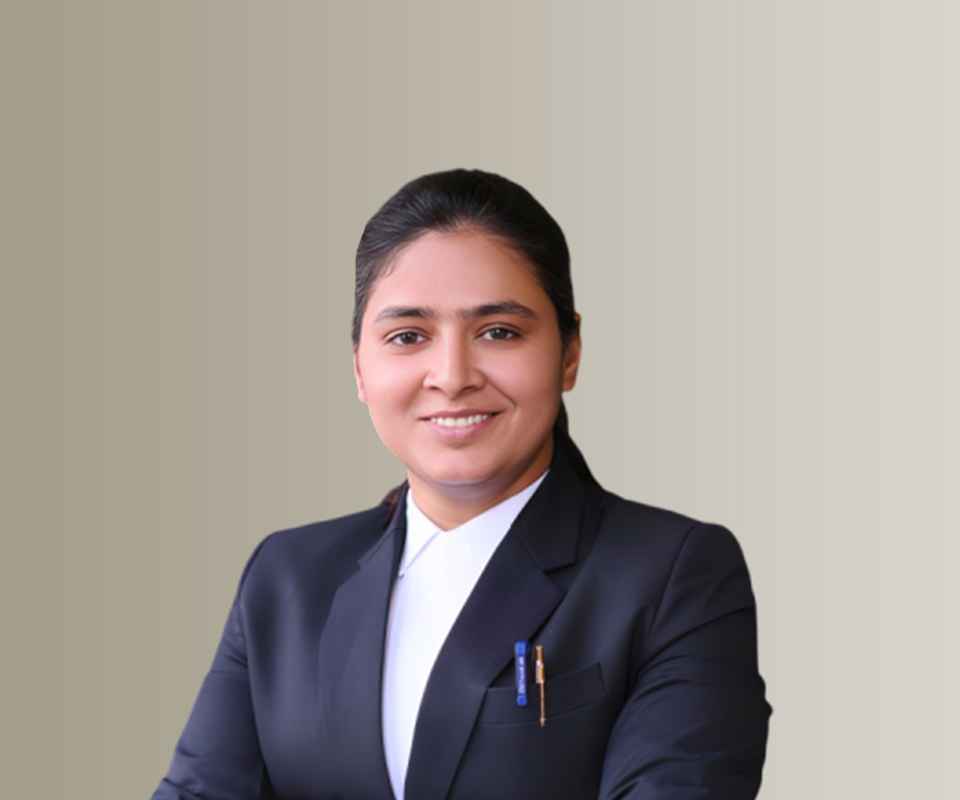Answer By law4u team
As digital learning platforms continue to grow in popularity, especially following the surge in online education, it’s becoming increasingly important for parents in shared custody arrangements to define rules and expectations surrounding their child’s use of e-learning tools. This includes ensuring that screen time is managed, academic progress is tracked, and that the child engages with age-appropriate, educational content.
A custody agreement can indeed include rules for e-learning platforms, helping to guide how parents will approach online learning. The goal is to ensure that the child benefits from digital education while maintaining balance and safety in their digital activities. Clear guidelines in the custody plan can also help parents avoid conflicts about screen time, learning goals, and acceptable content.
Steps to Define Rules for E-Learning Platforms in Custody
- Agree on Platform Selection
Parents should agree on which e-learning platforms will be used by the child. This includes deciding on platforms for academic subjects (such as Khan Academy, Coursera, or edX), as well as those focused on creative skills (like coding apps, art tutorials, or language learning tools). The platform should align with the child’s age and educational needs. Parents should also ensure that the platform is safe, privacy-conscious, and appropriate for the child’s development level. - Establish Screen Time Limits
Screen time is a critical concern for many parents, especially when it comes to e-learning platforms. A custody agreement can define how much time the child can spend on these platforms each day or week. For example, parents could decide on a maximum of 60 minutes per session, with a set number of days per week for e-learning activities. These limits help maintain a healthy balance between online learning and other important activities like physical play, reading, and family interaction. - Define the Learning Goals and Progress Tracking
Both parents should discuss and agree on the educational goals for the child’s use of e-learning platforms. This could include tracking specific academic milestones, such as completing certain courses or achieving a particular grade. Parents can agree to check in periodically (e.g., once a month) to review the child’s progress and ensure they’re engaging meaningfully with the content. - Ensure Age-Appropriateness of Content
Parents should jointly select e-learning content that is age-appropriate for their child. Many platforms offer content tailored to different age groups, but it’s important for parents to vet these options together. They should discuss whether any filters or parental controls are needed to block inappropriate content. The custody agreement can include a clause that requires both parents to review new content before the child starts a new course or lesson. - Set Rules for Online Interaction
If the e-learning platforms include elements of social interaction-such as online forums, group lessons, or communication with instructors-parents should agree on how these interactions will be monitored. For instance, the child might only be allowed to interact in closed, supervised groups, or parents might decide that the child will avoid public chat rooms altogether. The goal is to protect the child from exposure to inappropriate or unsafe interactions online. - Balance E-Learning with Other Activities
E-learning should not replace other important activities, such as outdoor play, socializing with peers, or extracurricular hobbies. The custody agreement can outline a well-rounded daily or weekly schedule that includes a balanced mix of screen time, physical activity, family time, and offline learning. Parents should agree on how to structure the child’s day to ensure they aren’t spending excessive time in front of screens. - Agree on Monitoring and Accountability
Both parents can agree to actively monitor the child’s use of e-learning platforms, especially if the child is younger or new to digital learning. This might involve checking progress reports, reviewing the content the child is engaging with, and periodically discussing what they have learned. Regular communication between parents about the child’s digital learning progress will help both stay aligned on the goals and expectations. - Discuss Troubleshooting and Technical Support
Sometimes, e-learning platforms can experience technical issues, and parents should have a plan in place for troubleshooting these problems. This could include agreeing on who will handle the technical support, such as resetting passwords, fixing device issues, or contacting platform support if there are access problems. Having a designated parent for these tasks will reduce confusion and ensure a smoother e-learning experience for the child. - Plan for New Educational Opportunities
As the child grows, their educational needs and interests may evolve. The custody agreement should allow for flexibility in selecting new e-learning platforms or exploring new subject areas. Parents can agree to revisit the child’s digital learning plan each year or when the child’s interests or educational requirements change.
Example
- Scenario:
Sarah and John share custody of their 10-year-old daughter, Emily, who has shown a growing interest in online learning. Sarah prefers more structured, formal e-learning platforms, while John believes in a more flexible approach with creative digital tools like coding games and design software. They want to make sure Emily has access to educational content without spending too much time on screens.
Steps to Address:
- Platform Selection:
Sarah and John agree to use Khan Academy for structured academic subjects like math and science, along with Code.org for Emily’s interest in coding. - Screen Time Limits:
They agree that Emily will spend no more than 1 hour a day on e-learning platforms, with 30 minutes of creative coding sessions in the evenings and 30 minutes of math practice during the day. - Learning Goals and Progress:
Emily’s goal is to complete a course in basic algebra on Khan Academy within 2 months. Sarah and John will review her progress at the end of each month to track her development and adjust if necessary. - Age-Appropriate Content:
Both parents review the content available on Khan Academy and Code.org to ensure it’s suitable for Emily’s age and skills. They set up parental controls to prevent access to any non-educational content. - Online Interaction:
Emily will not be allowed to interact in any forums or chat rooms associated with her e-learning platforms unless it’s with verified instructors or within a structured group session. - Balance with Other Activities:
The custody agreement includes a section that limits Emily’s screen time, ensuring she spends sufficient time outdoors, reading, or participating in social activities. - Monitoring and Accountability:
Sarah and John agree to check Emily’s progress weekly and talk to her about what she’s learned. They also share any feedback they receive from the platform, ensuring they stay aligned on educational goals. - Technical Support:
Sarah handles any technical issues related to the e-learning platforms, such as device malfunctions or login issues, as she is more familiar with troubleshooting. - Adapting Over Time:
As Emily gets older and her interests expand, Sarah and John will meet to discuss whether new platforms or learning tools are appropriate for her development.
By working together and agreeing on clear rules for e-learning, Sarah and John can ensure that Emily’s educational experience is enriching, balanced, and safe. Both parents are actively involved in her learning process and have a clear structure that helps manage screen time and academic goals effectively.
Final Thoughts
Defining rules for e-learning platforms in a custody arrangement can help both parents remain actively involved in their child’s digital education while ensuring that the child engages with age-appropriate, educational content. By establishing clear guidelines, setting screen time limits, and regularly monitoring progress, parents can provide a balanced and positive learning experience for their child in today’s increasingly digital world.







